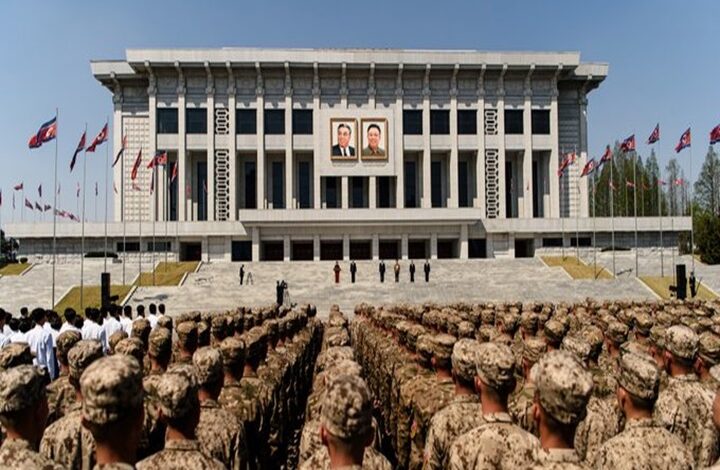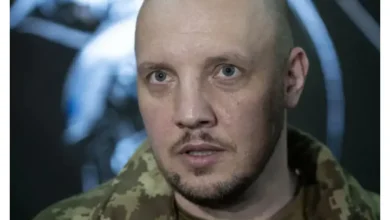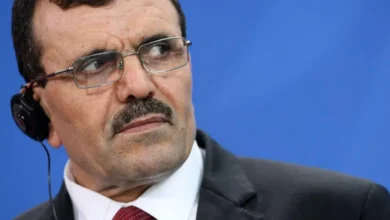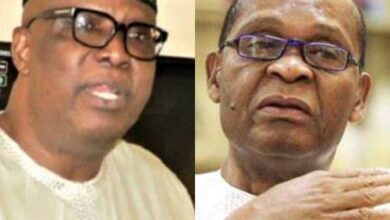North Korea admits Military deployment in Russia-Ukraine war

North Korea has officially confirmed its direct military involvement in the Ukraine conflict, marking a significant escalation.
Pyongyang revealed its troops are fighting alongside Russian forces to reclaim the Kursk region from Ukrainian control.
This admission follows months of intelligence reports from U.S., South Korean, and Ukrainian officials. Last fall, an estimated 12,000 North Korean soldiers arrived in Russia, supporting Moscow’s counteroffensive after Ukraine’s surprise capture of Kursk in August.

According to North Korea’s state media, Kim Jong Un authorized the deployment under a mutual defense pact signed with Vladimir Putin in June 2024. The agreement mandates military assistance if either nation faces external aggression.
State-run KCNA praised the operation’s success, glorifying the troops as national heroes. Kim Jong Un personally commended their efforts, framing their mission as a patriotic duty that strengthens ties with Russia.
Meanwhile, Russia has acknowledged North Korea’s battlefield contributions, crediting them with aiding Kursk’s recapture. Ukraine disputes these claims, insisting its forces still hold key positions in the region.
If verified, Russia’s regained control of Kursk would deal a strategic blow to Ukraine. The development complicates U.S.-led peace efforts as the war drags into its fourth year.
For North Korea, this deployment provides rare combat experience—its first overseas since the Vietnam War. Analysts note its troops struggle against modern warfare tactics, particularly drone warfare and precision artillery.
South Korean intelligence reports nearly 4,000 North Korean casualties since deployment, with 3,000 reinforcements arriving earlier this year. Pyongyang, however, refuses to disclose official troop or casualty figures.
In response, Kim Jong Un announced plans to build a Pyongyang monument honoring the soldiers. He also pledged state support for their families, framing their sacrifices as national triumphs.
Seoul’s Defense Ministry condemned the deployment as a reckless violation of international law. Officials accused North Korea of exploiting its citizens as expendable assets in an illegal war.
Beyond troop deployments, Kim continues advancing North Korea’s military capabilities. Recently, he unveiled a domestically built destroyer armed with advanced weapons, slated for 2025 service.
The warship’s rapid construction—completed in 400 days—showcases Pyongyang’s focus on self-reliant defense modernization. Experts warn this reflects broader ambitions to project naval power regionally.
Geopolitically, North Korea’s Ukraine intervention signals deepening Russia-North Korea alignment. The partnership grants Moscow battlefield support while offering Pyongyang combat testing and potential arms-for-resources deals.
As global tensions rise, this collaboration challenges Western-led security frameworks. Observers fear further escalations, especially if North Korea transfers weapons to Russia or conducts new missile tests.
The conflict also tests international diplomatic efforts. Recent strikes on Ukrainian cities prompted U.S. President Donald Trump to question Putin’s commitment to peace negotiations.
Ultimately, North Korea’s open military role underscores the war’s expanding ramifications. Its actions risk destabilizing Northeast Asia while incentivizing prolonged hostilities in Europe.
With no resolution in sight, the world watches as this unlikely alliance reshapes battlefield dynamics and redefines 21st-century warfare alliances.
Post Views: 3





